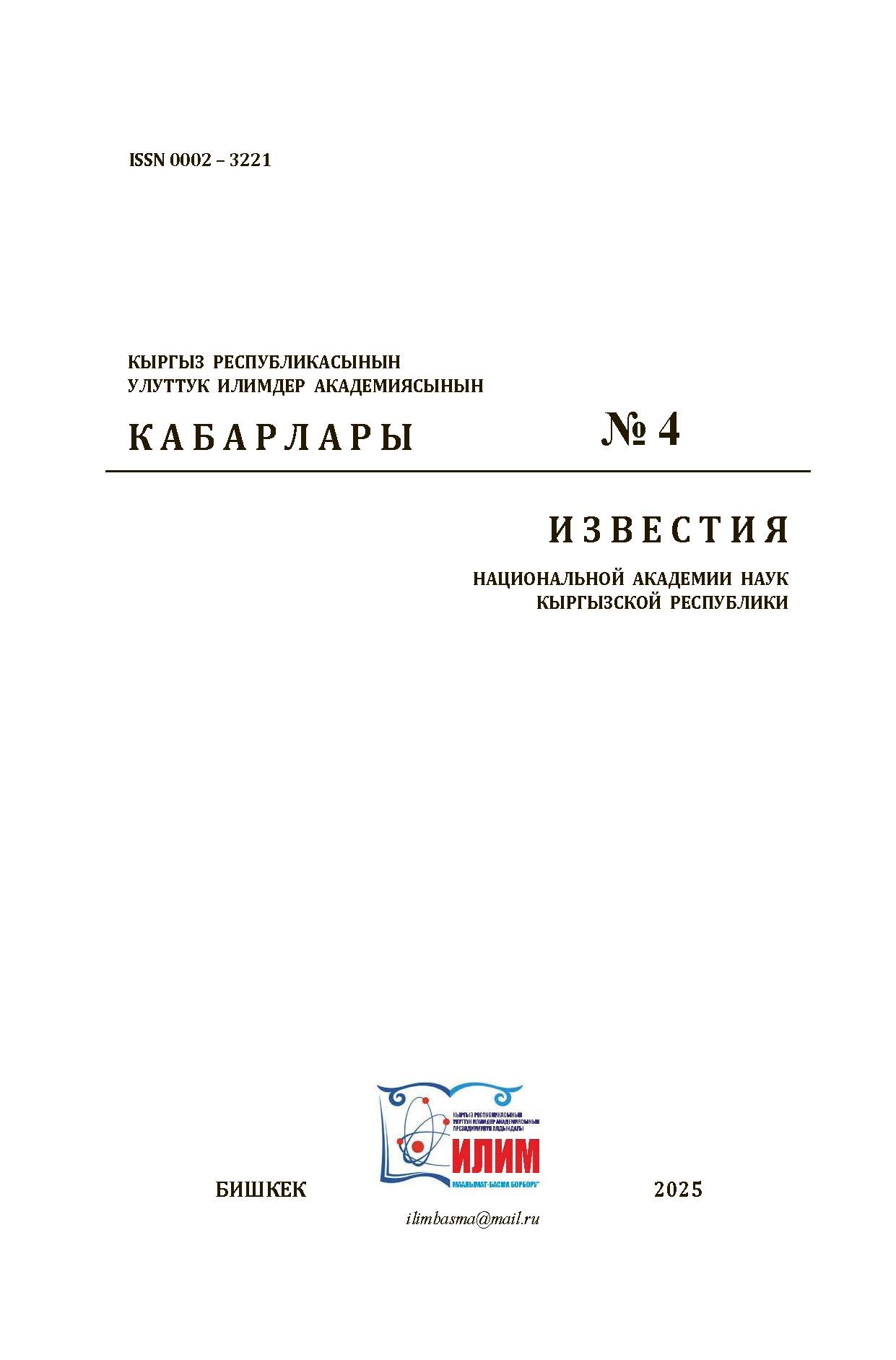THE PLACE AND IMPORTANCE OF USING PROVERBS IN IMPROVING STUDENTS’ COGNITIVE ACTIVITY
Keywords:
proverbs, speech development, proverbs, sayings, oral speech, education, knowledge, primary grades, age characteristics of children, student vocabulary, oral folk art, folklore, didactics, ethnopedagogy, language, riddle, tongue twisters, etc.Abstract
This article attempts to explore the role of proverbs in the development of cognition, vocabulary, consciousness, education and upbringing of students. Proverbs are a form of folk wisdom. Their use in the learning process teaches students to think more deeply, make independent conclusions and be able to connect life and the subject of the lesson. Proverbs help to logically solve various problems, compare and analyze.Thanks to them, students not only master cultural heritage, but also learn to express their thoughts clearly and logically. The principle of continuous improvement of students’ cognitive abilities is one of the most pressing issues today. Students acquire a certain level of cognitive processes (perception, memory, imagination and thinking) in Kyrgyz language lessons. Along with the analysis of the students’ cognitive nature, teachers are engaged in the problem of forming psychological foundations.
References
Дүйшоналиев С. “Сөз үрөн”. Ош, 2013, 30-б.,152-б.
Карасаев Х. «Накыл сөздөр», Ф., 1982, 1-китеби, Ф., 1987, 2-китеби.
Петров В. П. Сүйлөөгө жана жазууга алгачкы окутуу, М., 1966
Чыманов Ж.А. Кыргыз тилин эне тили катары окутуунун методологиясы, Б., 2015

